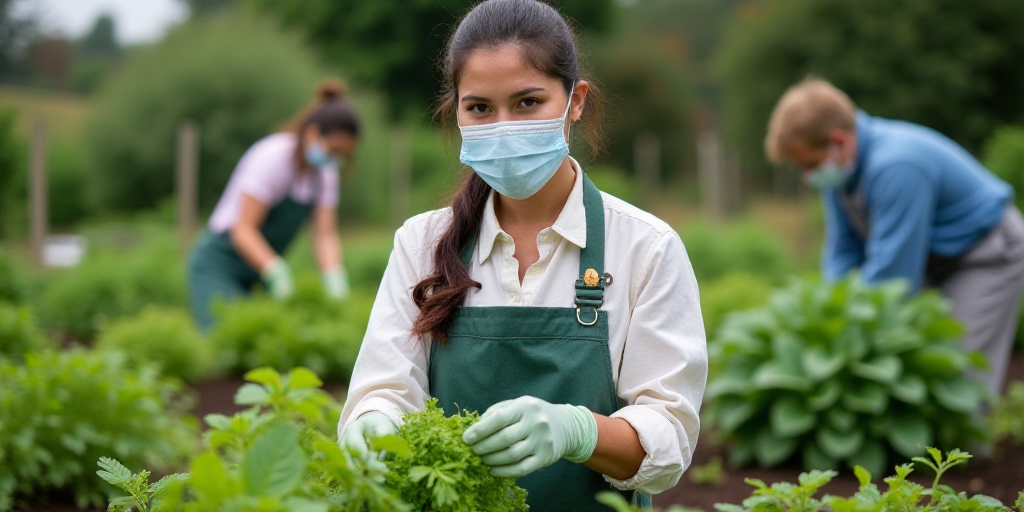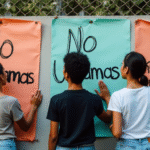Introduction
The harsh reality of female agricultural workers in Mexico is akin to a grim movie script, with women and children hidden amongst trash bins. Despite existing regulations, these workers face systematic exploitation due to poor working conditions and harassment. Esther García, a representative from Mujeres Unidas en Defensa de las Jornaleras Indígenas (MUDJI) and the Sindicato Independiente Nacional Democrático de Jornaleros Agrícolas (SINDJA) in Valle de San Quintín, Baja California, sheds light on this dire situation during labor inspections.
The Impact of Labor Representatives
García emphasizes the importance of signed contracts, conducted inspections, and established childcare facilities in improving the lives of thousands of families. She stresses the need for law enforcement, recognition of their labor, and a robust care system.
Recommendations for Improvement
Mónica Corona echoes the study’s findings, advocating for increased vigilance and formal contracting through a coordinated strategy among authorities to safeguard workers’ rights from recruitment to job security.
Corona proposes focusing surveillance efforts through information cross-referencing between the STPS (Secretaría del Trabajo y Previsión Social), IMSS (Instituto Mexicano del Seguro Social), INEGI (Instituto Nacional de Estadística y Geografía), and other sources. This collaboration should generate detailed, sex-disaggregated, periodic reports on sanctions and reparation mechanisms. Additionally, she calls for strict adherence to NOM 003 and zero tolerance for gender-based violence and discrimination, along with a tailored, adequate care system.
Context and Relevance
Esther García and Mónica Corona are prominent figures in advocating for the rights of female agricultural workers in Mexico. Their organizations, MUDJI and SINDJA, strive to improve working conditions, wages, and overall well-being for these women. Their efforts are crucial in addressing the systemic issues that leave female agricultural workers vulnerable to exploitation, harassment, and poverty.
Key Questions and Answers
- What are the main challenges faced by female agricultural workers in Mexico? These women encounter poor working conditions, harassment, and systematic exploitation, leaving them in a state of vulnerability and lack of protection.
- Who are Esther García and Mónica Corona? Both are influential representatives fighting for the rights of female agricultural workers in Mexico through their organizations, MUDJI and SINDJA.
- What recommendations have been made to improve the situation? Increased vigilance, formal contracting, and a robust care system are suggested, along with strict adherence to labor regulations and zero tolerance for gender-based violence and discrimination.






